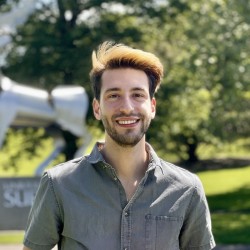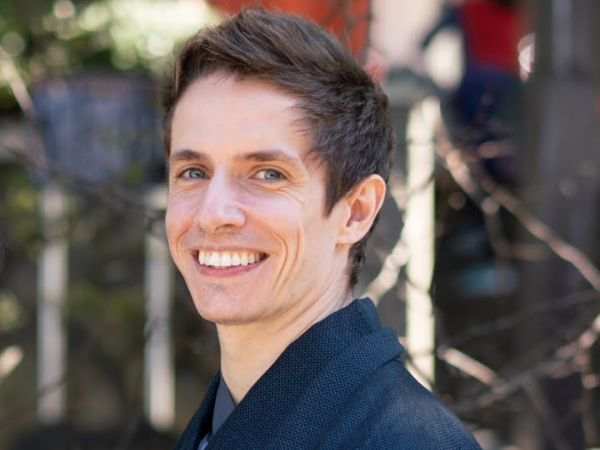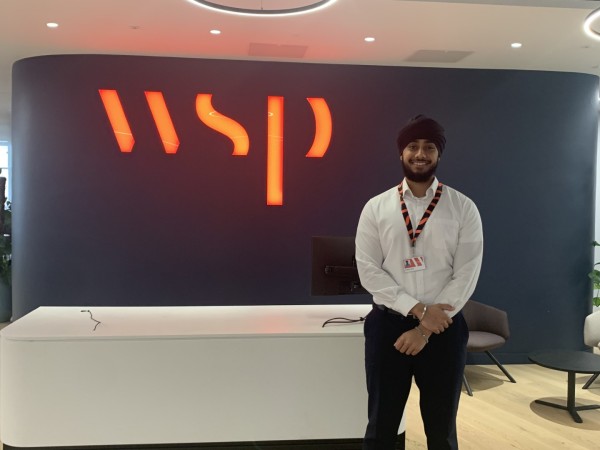
Jean Snyman
"The computer science community at Surrey is filled with brilliant people at the top of their field, but I felt very comfortable approaching any one of my lecturers with concerns and requests for help."
Course
Information Security MScGraduation year
2022What first sparked your interest in cyber security?
From an early age I was fascinated by computers and I was building my first simple websites by the age of 13. At the same time, in common with many children, my imagination was captured by the mystery and intrigue of spycraft. I first started to learn about how encryption can protect people’s privacy when I was in high school and, later, I knew I wanted to learn all I could about cryptography and cyber security as it felt like a newly challenging area where I was sure I could make a difference.
Why did you choose to come to Surrey to study for your masters?
Having done my undergraduate degree at Surrey I was already familiar with its high-quality teaching and track record of research in the security space within the Surrey Centre for Cyber Security (a National Cyber Security Centre Academic Centre for Excellence in Cyber Security Education and Research). This, together with the valuable relationships I’d built with my lecturers and a chance to return to the University’s beautiful campus, made Surrey the natural choice for my masters.
What did you most enjoy about your programme?
I loved learning about how the field of cryptography has developed over the decades – from approaches which were considered ‘secure’ only because the way they worked was kept secret, to our modern algorithms which are developed and studied in the open, and which we know are rock solid because we have the formal proofs to show it.
The computer science community at Surrey is filled with brilliant people at the top of their field, but I felt very comfortable approaching any one of my lecturers with concerns and requests for help. Facilities on the Information Security MSc are state-of-the-art, with a new 200-seater computer lab built in the last few years, open 24/7 and fitted with powerful Linux workstations.
What is your current role?
I currently work for Hewlett Packard Enterprise (HPE) in Bristol as a research engineer. My role in the Office of the CTO is to develop new products and technologies which improve the security posture of HPE’s enterprise customers, whether they’re running workloads in secure datacentres or out on ‘the edge’ (e.g. in retail locations without significant physical access control).
I’ve also recently been involved in a project called Keylime, originally developed at MIT, which uses Trusted Platform Modules to perform integrity measurement for applications which run in the cloud, on the edge, or even on Internet of Things devices. This is something that will become increasingly important as the zero-trust model of security becomes more commonplace in the industry.
What else have you achieved since completing your masters?
I’m proud to have co-authored two research papers in the identity and access management space in collaboration with Surrey academics, and also to have been recognised as the top student in the country by the Chartered Institute of Information Security. It’s been an incredible honour to be able to contribute to the field in what is hopefully a meaningful way, and I can’t wait for more opportunities to do so.
Discover our courses in computer science including our Information Security MSc.

